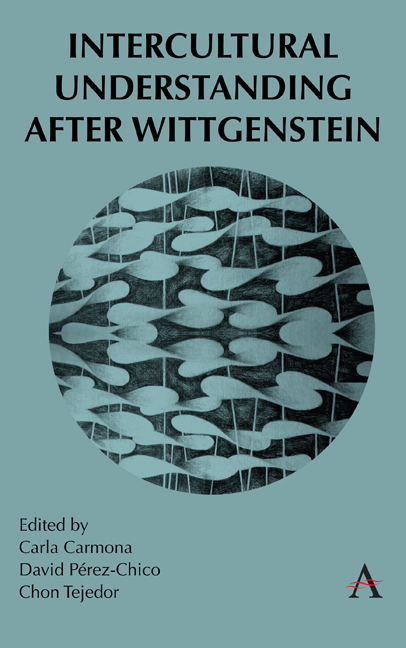Chapter 10 - Beyond Contemplation: On Decolonizing Philosophy of Religion and Thinking with Indigenous Ontologies
Published online by Cambridge University Press: 14 November 2023
Summary
Introduction
Since the mid-twentieth century, there have been several attempts to propel the philosophy of religion beyond its historically Eurocentric, Christian-centred tradition. For too long, the philosophy of religion has been not only provincial in its outlook, but also political, insofar as it has conserved (and has been conserved by) a power dynamic of colonial modernity that produces racialized and gendered hierarchies in ways of knowing and being. However, as philosopher and historian of religion Ninian Smart asserts in his 1958 work, Reasons and Faith, ‘The philosophy of religion is intimately linked to the comparative study of religions’. With the turn of the twenty-first century, the renewed and growing effort to expand this discipline’s interests beyond abstract, ahistorical monotheism is therefore crucial.
However, the attempt to diversify philosophy of religion needs to proceed carefully, because it might be tempting simply to extend the range of religions to be investigated philosophically. The problem is that the questions and concerns that have historically absorbed philosophical explorations of Christianity are presumed to be appropriate for philosophical explorations of all other religions. By leaving unchallenged the decline from ‘religion’ in general to Christianity as the paradigm religion, philosophy of religion finds itself tacitly wedded to an imperialist Christian legacy. Furthermore, the very concept of philosophy of religion thereby remains unexamined. The very focus on the rationality of beliefs belies a notion of religion shaped in the image of the Abrahamic traditions where orthodoxy – literally ‘right beliefs’ – is paramount. Moreover, as contemporary critical theorists rightly tell us, reason is no neutral, dispassionate cognitive faculty but rather a complex, multifaceted phenomenon that is indissociable from various norms and relations of power. When we (namely, Western and Westernized scholars) problematize the categories of ‘religion’ and ‘philosophy’ in conjunction, the following kind of question arises: How might philosophy of religion renegotiate its terms and parameters in ways that enable it to move beyond the legacy of Christian imperialism and the racist, exclusionary logics of colonial modernity that undergirds the field? It is this question that I aim to address in this chapter.
To this end, the first two sections of this chapter highlight some key themes in the work of Wittgensteinians Mikel Burley and D. Z. Phillips respectively.
- Type
- Chapter
- Information
- Intercultural Understanding after Wittgenstein , pp. 159 - 176Publisher: Anthem PressPrint publication year: 2023



